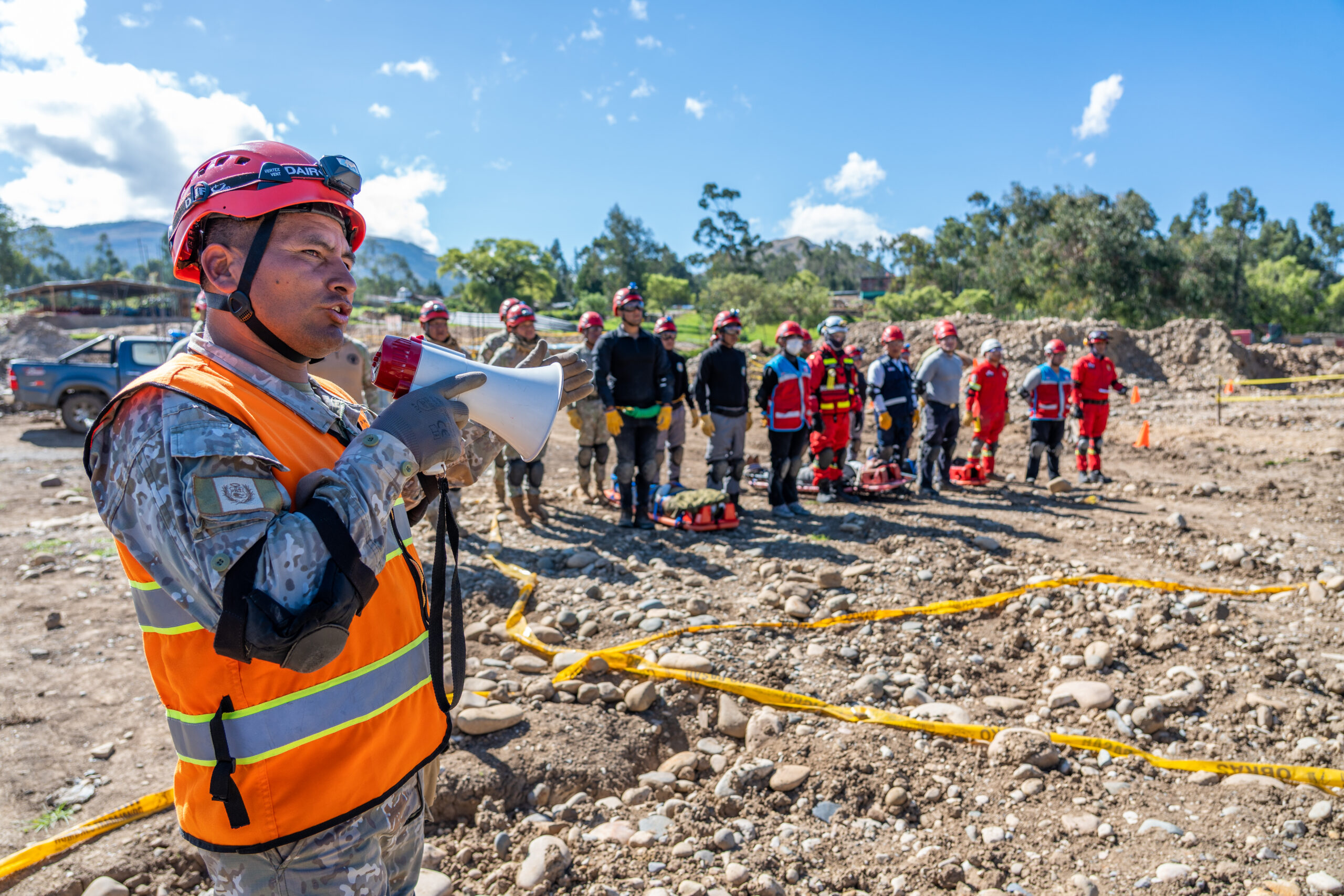Report
Towards effective early warning systems: Impact and lessons from Nepal and Peru

Towards effective early warning systems: Impact and lessons from Nepal and Peru.
A report with findings from Practical Action’s commissioned assessment to better understand the impact of our people-centred early warning system (EWS) programming in Nepal and Peru. The evidence gained is intended to inform and shape future policy and practice of EWS programming globally. Effective EWS are an essential service for protecting the lives and livelihoods of vulnerable communities at the front line of climate change. We need to take action now to ensure the investment in and implementation of EWS are effective, improve resilience, and leaves no one behind.
